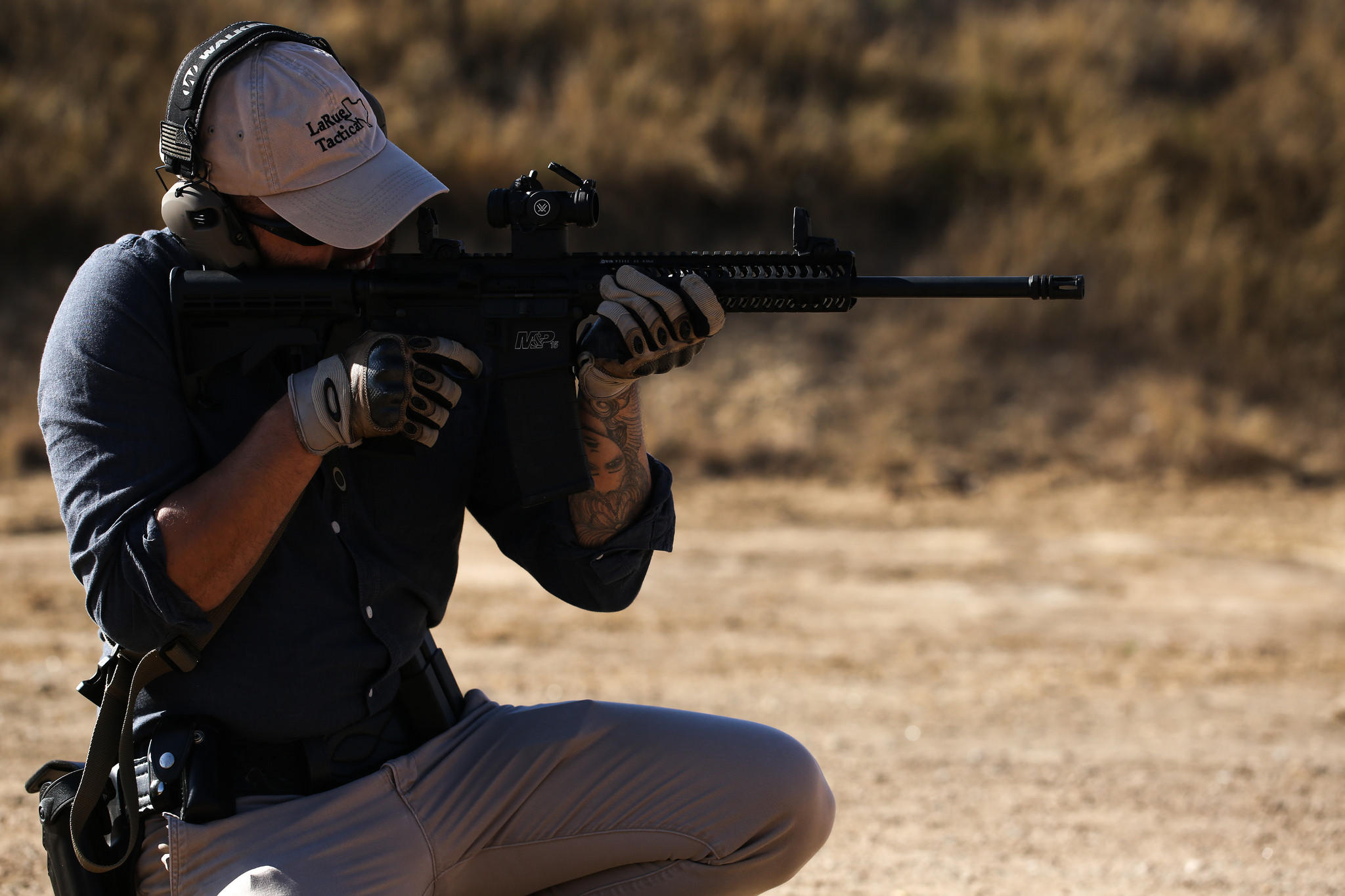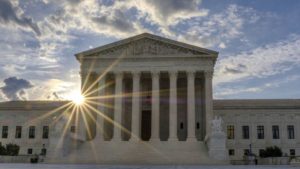There’s a lot of confusion about the lawsuit against the gun manufacturer Remington and the Supreme Court’s decision not to hear their appeal. This brief video attempts to explain in simple terms why this happened, what it means, and why, contrary to popular belief, it is not a big deal.
Transcript:
“All right. I want to do a real quick video about this lawsuit that Remington, the gun manufacturer is facing in Connecticut and the Supreme Court’s decision not to take up Remington’s appeal. For those of you who don’t know what I’m talking about, real quick summary. The plaintiffs are suing Remington over the Sandy Hook massacre, that large school shooting that happened a few years ago saying Remington made the weapon that was used and Remington is therefore somehow responsible for the murder because of how it was advertised to the public. Okay. Now, Remington argued it had immunity due to a federal statute that protects gun manufacturers from lawsuits, but there are some exceptions to that, including an exception in the event that you’re advertising conflicts with state law. Okay. The Connecticut Supreme court has allowed the case to go to trial and that was appealed to the Supreme court, which denied cert.
In other words, they’re saying, we’re not going to hear your case right now. Nobody has actually ruled that Remington has done anything illegal. Okay. This, the Connecticut Supreme Court simply ruled that the case should go to trial. The United States Supreme Court simply ruled, we’re not going to hear this right now. And that’s not really unexpected because the case is still pending. Okay. There hasn’t been a trial. So now it’s being sent back to the trial court to have the actual trial. So why would the Supreme Court have granted cert at all when the plaintiffs might not even win? The case isn’t really over. In fact, the case hasn’t even begun and there’s nothing emergent about the issue raised, which is whether the defendants are protected from federal law or protected under federal law from liability. What you have to understand is that the Supreme court gets something like 8,000 appeals per year.
They’re called certiorari applications and they only take about 80 cases. So that’s 1%. So they’re not going to overburden themselves with cases. They might not have to decide it. It’s not like a criminal case where someone will go to jail if they lose. And even those are rarely taken up until after the trial. If the plaintiffs win at trial here, then Remington will simply post bond on the judgment and not have to pay the money until the appeals are exhausted. And if Remington wins at trial, the Supreme Court never has to deal with it in the first place. So don’t reach the wrong conclusion here that by rejecting cert, the Supreme Court is rejecting Remington’s argument that it is shielded under federal law. The court simply takes cases when they have to, and they just don’t have to right now. They can pick this one up later on and you can bet that if Remington loses at trial, it will make its way up the chain of command again up the appeal ladder. And if they haven’t won by the time it gets to the Supreme Court, I would expect the Supreme Court would take it then. Okay. I hope that clears some misunderstandings up.”




